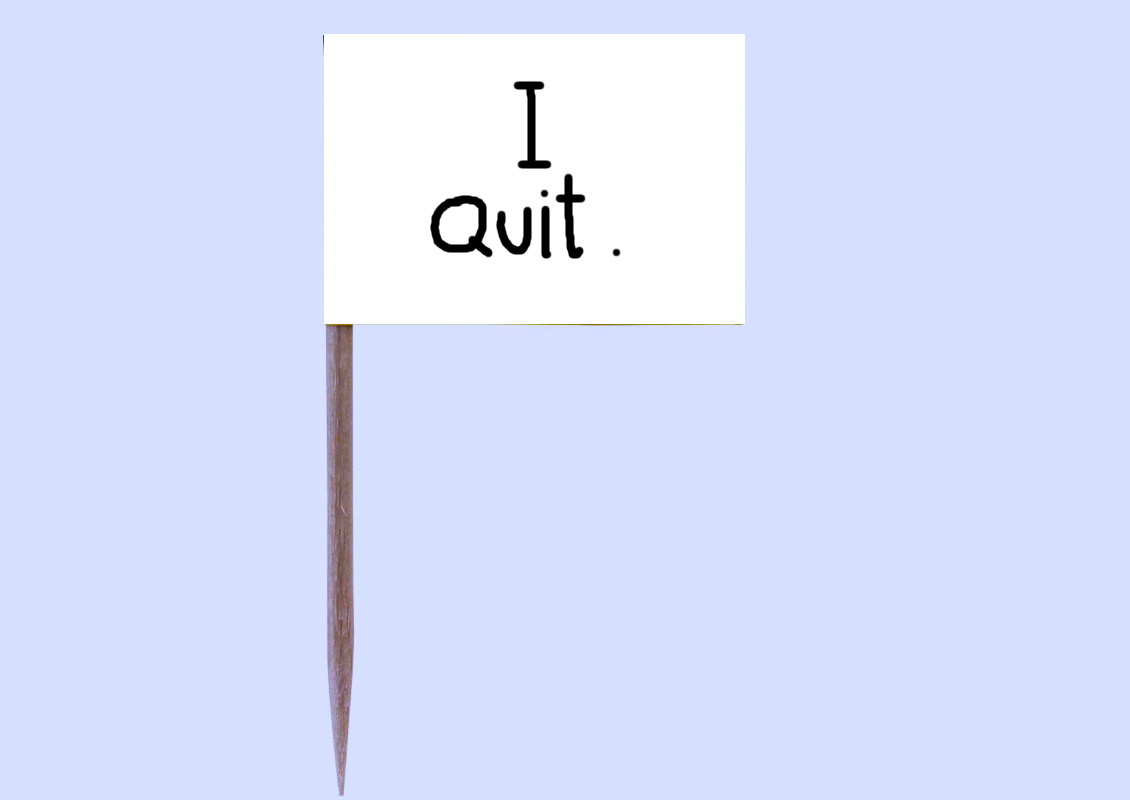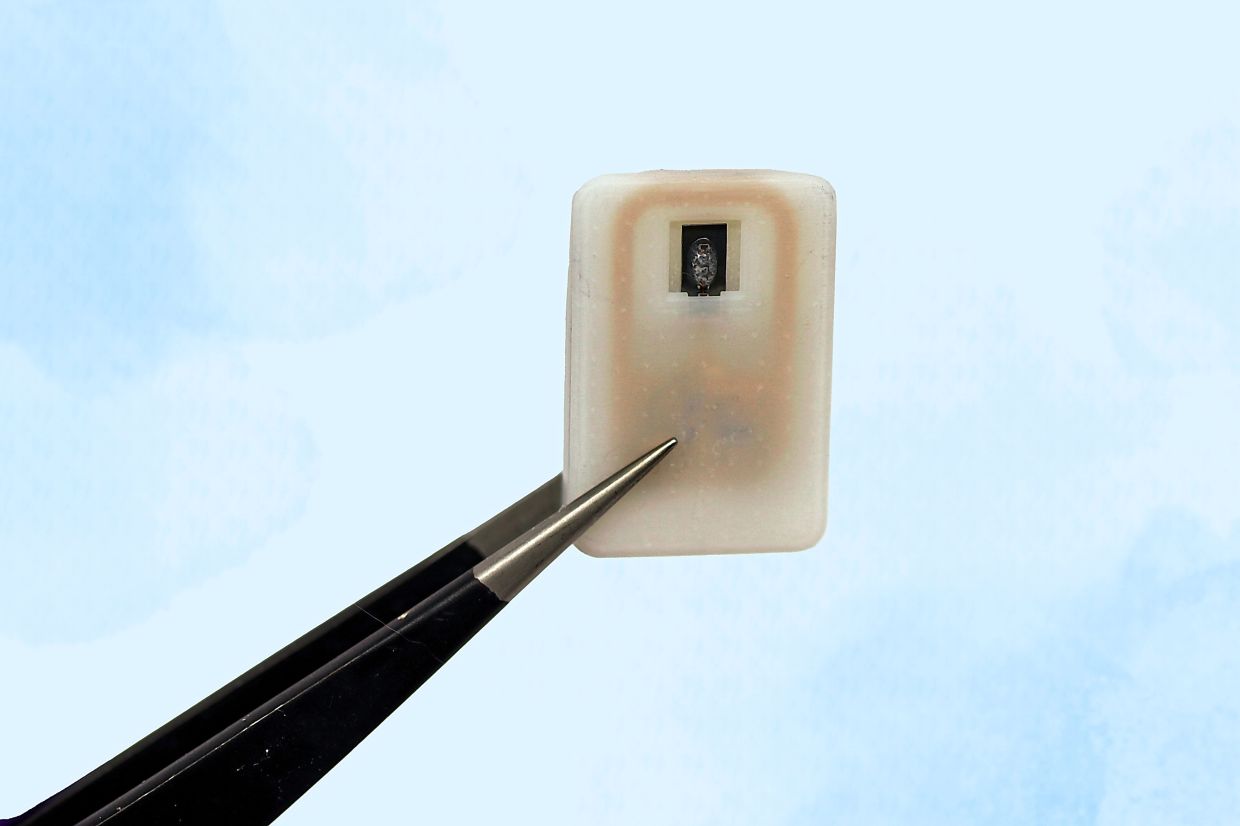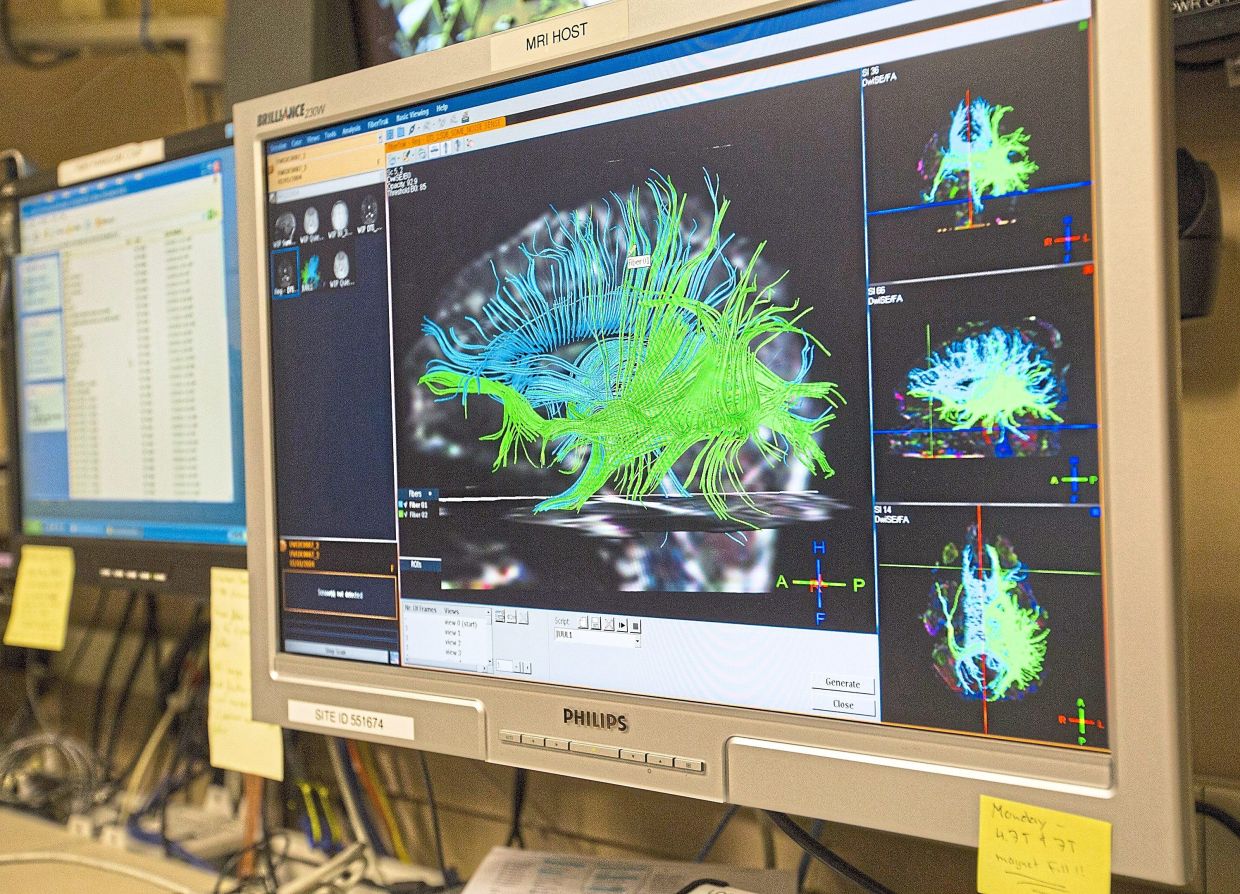If at first you don’t succeed, and you think you can control the outcome next time, you’re more likely to persist, suggests a new study.
Using brain scans, researchers found different brain areas activated in response to a setback if the failure was perceived as something under the person’s control versus a random or uncontrollable cause, and blaming oneself led to greater persistence.

When we feel that failures are our fault, we tend to want to try again, says study.
Already a subscriber? Log in
Subscribe now and get 30% off The Star Yearly Plan
Cancel anytime. Ad-free. Unlimited access with perks.
Follow us on our official WhatsApp channel for breaking news alerts and key updates!
Lifestyle
,
Persistence
,
blame
,
setbacks
,
failure
,
brain function
,
illusion of control
,
success
,
try again
Is this article useful?
100%
of our readers find this article useful
Thank you for your report!




















